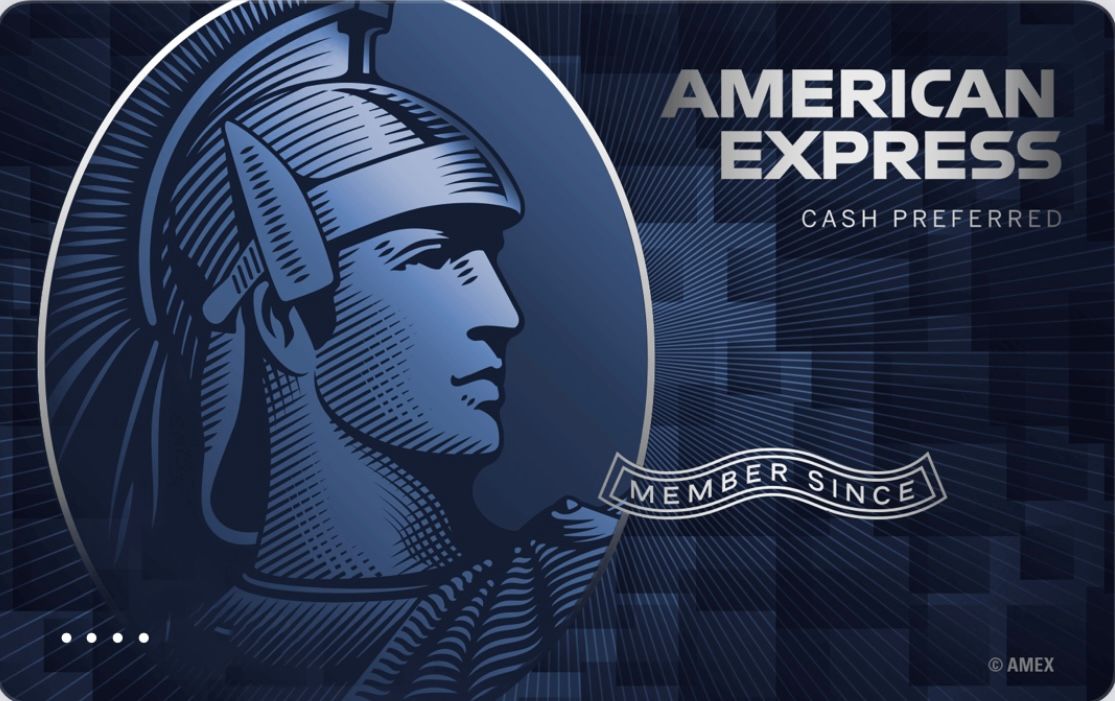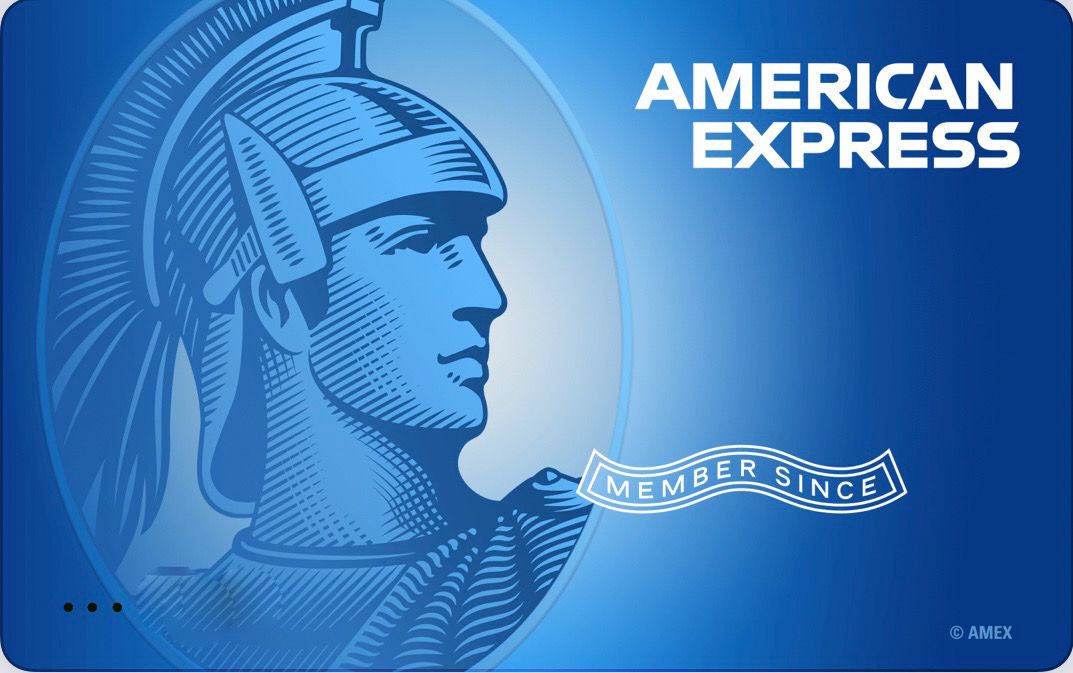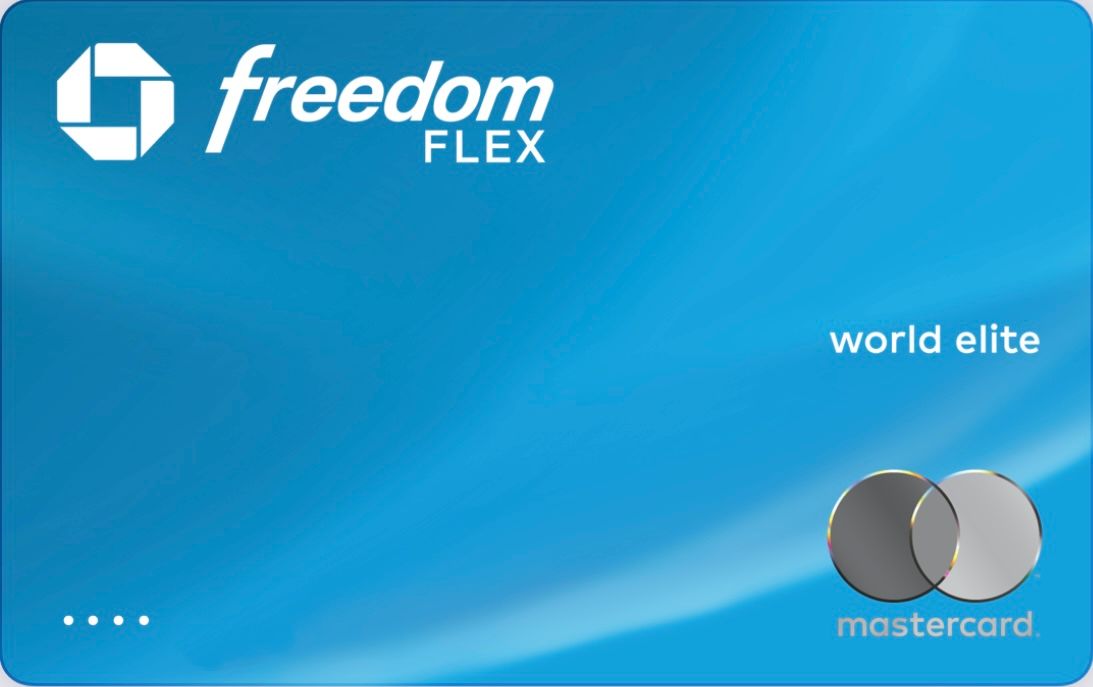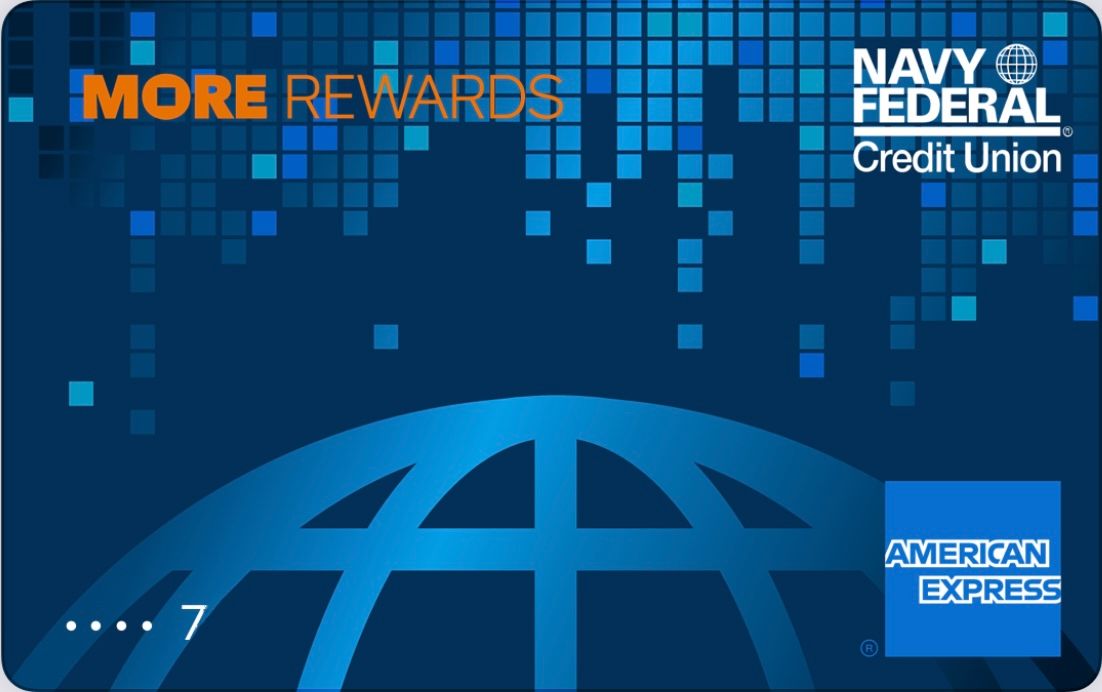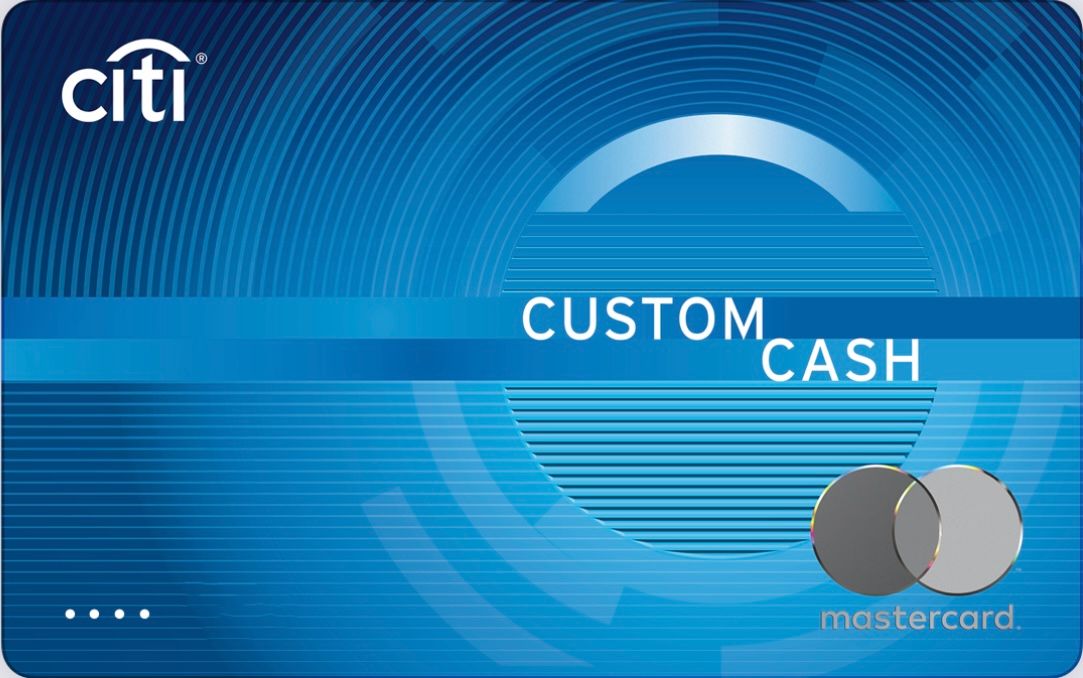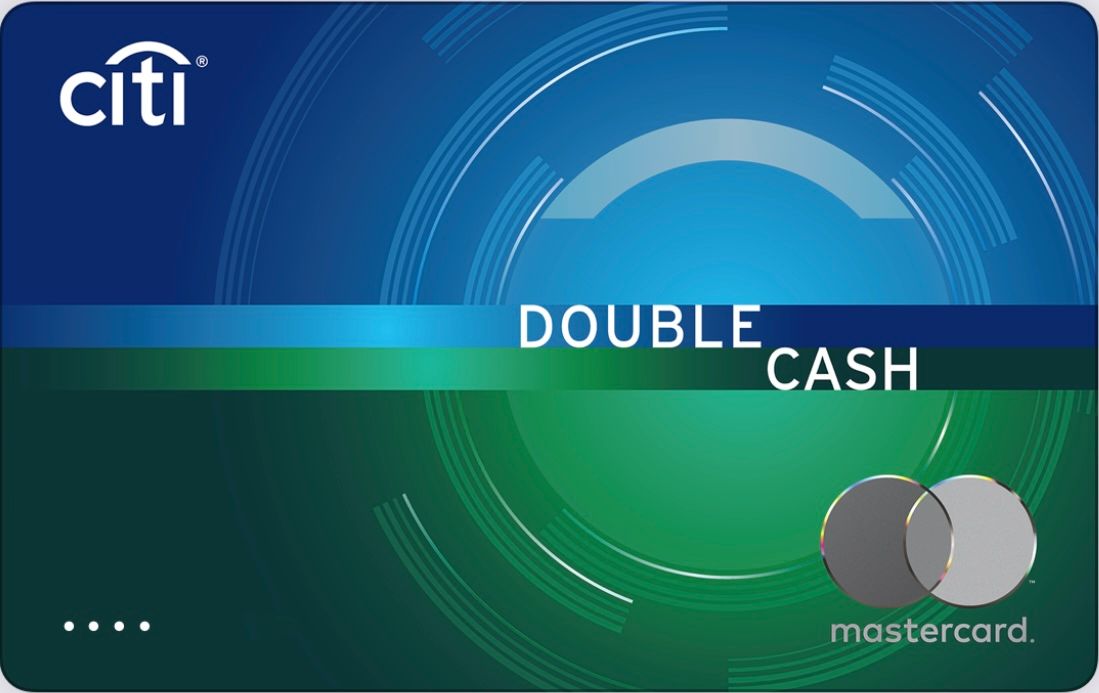- myFICO® Forums
- FICO Scoring and Other Credit Topics
- General Credit Topics
- Re: Disadvantage to SSL credit enhancement
- Subscribe to RSS Feed
- Mark Topic as New
- Mark Topic as Read
- Float this Topic for Current User
- Bookmark
- Subscribe
- Mute
- Printer Friendly Page
Disadvantage to SSL credit enhancement
Is your credit card giving you the perks you want?
Browse credit cards from a variety of issuers to see if there's a better card for you.
- Mark as New
- Bookmark
- Subscribe
- Mute
- Subscribe to RSS Feed
- Permalink
- Report Inappropriate Content
Disadvantage to SSL credit enhancement
We've often discussed the way a person who has no installment loans can improve their FICO 8 and 9 scores by taking out a share secured loan, and then paying it down to 9% of the original loan amount.
I just realized that there is a disadvantage to this technique: the fact that the "monthly payment" amount in the credit report is not lowered, as the balance is lowered. So this can weigh on one's debt-to-income ratio ("DTI").
E.g., take out a $5000, 60-month SSL loan, with monthly payments of $96 month. Then pay it down to $350, with 4 years left to make the payments. The monthly payment amount listed in the report does not decrease to $8 or so; it stays put at $96, or 27% of the balance.
Just something to think about.

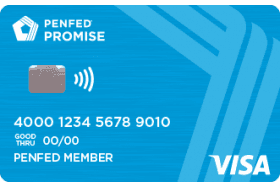

















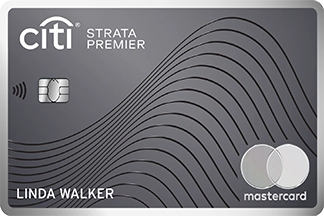











Total revolving limits 568220 (504020 reporting) FICO 8: EQ 689 TU 691 EX 682
- Mark as New
- Bookmark
- Subscribe
- Mute
- Subscribe to RSS Feed
- Permalink
- Report Inappropriate Content
Re: Disadvantage to SSL credit enhancement
@SouthJamaica wrote:We've often discussed the way a person who has no installment loans can improve their FICO 8 and 9 scores by taking out a share secured loan, and then paying it down to 9% of the original loan amount.
I just realized that there is a disadvantage to this technique: the fact that the "monthly payment" amount in the credit report is not lowered, as the balance is lowered. So this can weigh on one's debt-to-income ratio ("DTI").
E.g., take out a $5000, 60-month SSL loan, with monthly payments of $96 month. Then pay it down to $350, with 4 years left to make the payments. The monthly payment amount listed in the report does not decrease to $8 or so; it stays put at $96, or 27% of the balance.
Just something to think about.
I've never heard of someone mentioning that. I didn't know the payment amount didn't decrease for those utilizing the SSL.
That is very interesting, really good post.
NFCU Cash Rewards 16K CL
Citi Custom Cash 7.5K CL
AODFCU Visa Sig 5K CL
Discover IT 2.5K CL
Capital One QS 3600 CL
- Mark as New
- Bookmark
- Subscribe
- Mute
- Subscribe to RSS Feed
- Permalink
- Report Inappropriate Content
Re: Disadvantage to SSL credit enhancement
@Mr_Mojo_Risin wrote:
@SouthJamaica wrote:We've often discussed the way a person who has no installment loans can improve their FICO 8 and 9 scores by taking out a share secured loan, and then paying it down to 9% of the original loan amount.
I just realized that there is a disadvantage to this technique: the fact that the "monthly payment" amount in the credit report is not lowered, as the balance is lowered. So this can weigh on one's debt-to-income ratio ("DTI").
E.g., take out a $5000, 60-month SSL loan, with monthly payments of $96 month. Then pay it down to $350, with 4 years left to make the payments. The monthly payment amount listed in the report does not decrease to $8 or so; it stays put at $96, or 27% of the balance.
Just something to think about.
I've never heard of someone mentioning that. I didn't know the payment amount didn't decrease for those utilizing the SSL.
That is very interesting, really good post.
Yeah I've been using this technique for years, because I didn't have an ordinary installment loan. Only today I happened to notice this little factoid ![]() Worth taking into account if you're trying to manage your DTI, especially for people looking for a mortgage application, because (a) the SSL trick does little or nothing for their mortgage scores and (b) DTI, I am told, is a big thing in mortgage applications.
Worth taking into account if you're trying to manage your DTI, especially for people looking for a mortgage application, because (a) the SSL trick does little or nothing for their mortgage scores and (b) DTI, I am told, is a big thing in mortgage applications.































Total revolving limits 568220 (504020 reporting) FICO 8: EQ 689 TU 691 EX 682
- Mark as New
- Bookmark
- Subscribe
- Mute
- Subscribe to RSS Feed
- Permalink
- Report Inappropriate Content
Re: Disadvantage to SSL credit enhancement
@SouthJamaica wrote:
@Mr_Mojo_Risin wrote:
@SouthJamaica wrote:We've often discussed the way a person who has no installment loans can improve their FICO 8 and 9 scores by taking out a share secured loan, and then paying it down to 9% of the original loan amount.
I just realized that there is a disadvantage to this technique: the fact that the "monthly payment" amount in the credit report is not lowered, as the balance is lowered. So this can weigh on one's debt-to-income ratio ("DTI").
E.g., take out a $5000, 60-month SSL loan, with monthly payments of $96 month. Then pay it down to $350, with 4 years left to make the payments. The monthly payment amount listed in the report does not decrease to $8 or so; it stays put at $96, or 27% of the balance.
Just something to think about.
I've never heard of someone mentioning that. I didn't know the payment amount didn't decrease for those utilizing the SSL.
That is very interesting, really good post.
Yeah I've been using this technique for years, because I didn't have an ordinary installment loan. Only today I happened to notice this little factoid
Worth taking into account if you're trying to manage your DTI, especially for people looking for a mortgage application, because (a) the SSL trick does little or nothing for their mortgage scores and (b) DTI, I am told, is a big thing in mortgage applications.
Definitely a good catch by you.
I'm sure many here would be interested in this.
NFCU Cash Rewards 16K CL
Citi Custom Cash 7.5K CL
AODFCU Visa Sig 5K CL
Discover IT 2.5K CL
Capital One QS 3600 CL
- Mark as New
- Bookmark
- Subscribe
- Mute
- Subscribe to RSS Feed
- Permalink
- Report Inappropriate Content
Re: Disadvantage to SSL credit enhancement
Yes I noticed this some time ago. My DTI is always 3.5% higher thanks to my SSL.
- Mark as New
- Bookmark
- Subscribe
- Mute
- Subscribe to RSS Feed
- Permalink
- Report Inappropriate Content
Re: Disadvantage to SSL credit enhancement
This a good thing to point out as some people might not realize that aspect even though logic would dictate that the payemt amount would remain the same thus affecting DTI. After all paying down just about any Loan doesn't change the payment terms set forth in the agreement that they report to CB's. It's still an easy thing to overlook and is a helpful DP for those looking to keep low DTI.
- Mark as New
- Bookmark
- Subscribe
- Mute
- Subscribe to RSS Feed
- Permalink
- Report Inappropriate Content
Re: Disadvantage to SSL credit enhancement
@SouthJamaica good catch & thanks for sharing! Your SSL posts have been very informative. I intend to open a 5 year loan with NFCU next June when I am finished paying off my auto loan.
also, I have considered opening a 12 month SSL until then. Is there any benefits (thicker file, more positive accounts etc) to opening an SSL with an active auto loan? What terms /months would you recommend if I am 12 months out from paying off auto?
- Mark as New
- Bookmark
- Subscribe
- Mute
- Subscribe to RSS Feed
- Permalink
- Report Inappropriate Content
Re: Disadvantage to SSL credit enhancement
@GrandBay wrote:@SouthJamaica good catch & thanks for sharing! Your SSL posts have been very informative. I intend to open a 5 year loan with NFCU next June when I am finished paying off my auto loan.
also, I have considered opening a 12 month SSL until then. Is there any benefits (thicker file, more positive accounts etc) to opening an SSL with an active auto loan? What terms /months would you recommend if I am 12 months out from paying off auto?
No there would be no benefit whatsoever. You might actually be hurting your scores by lowering average age of accounts, adding another account with balance, and resetting youngest account.































Total revolving limits 568220 (504020 reporting) FICO 8: EQ 689 TU 691 EX 682
- Mark as New
- Bookmark
- Subscribe
- Mute
- Subscribe to RSS Feed
- Permalink
- Report Inappropriate Content
Re: Disadvantage to SSL credit enhancement
Where it matters the most human eyes would see that it is not such a big thing, computers would not know unless they are programmed to look for such things.




- Mark as New
- Bookmark
- Subscribe
- Mute
- Subscribe to RSS Feed
- Permalink
- Report Inappropriate Content


